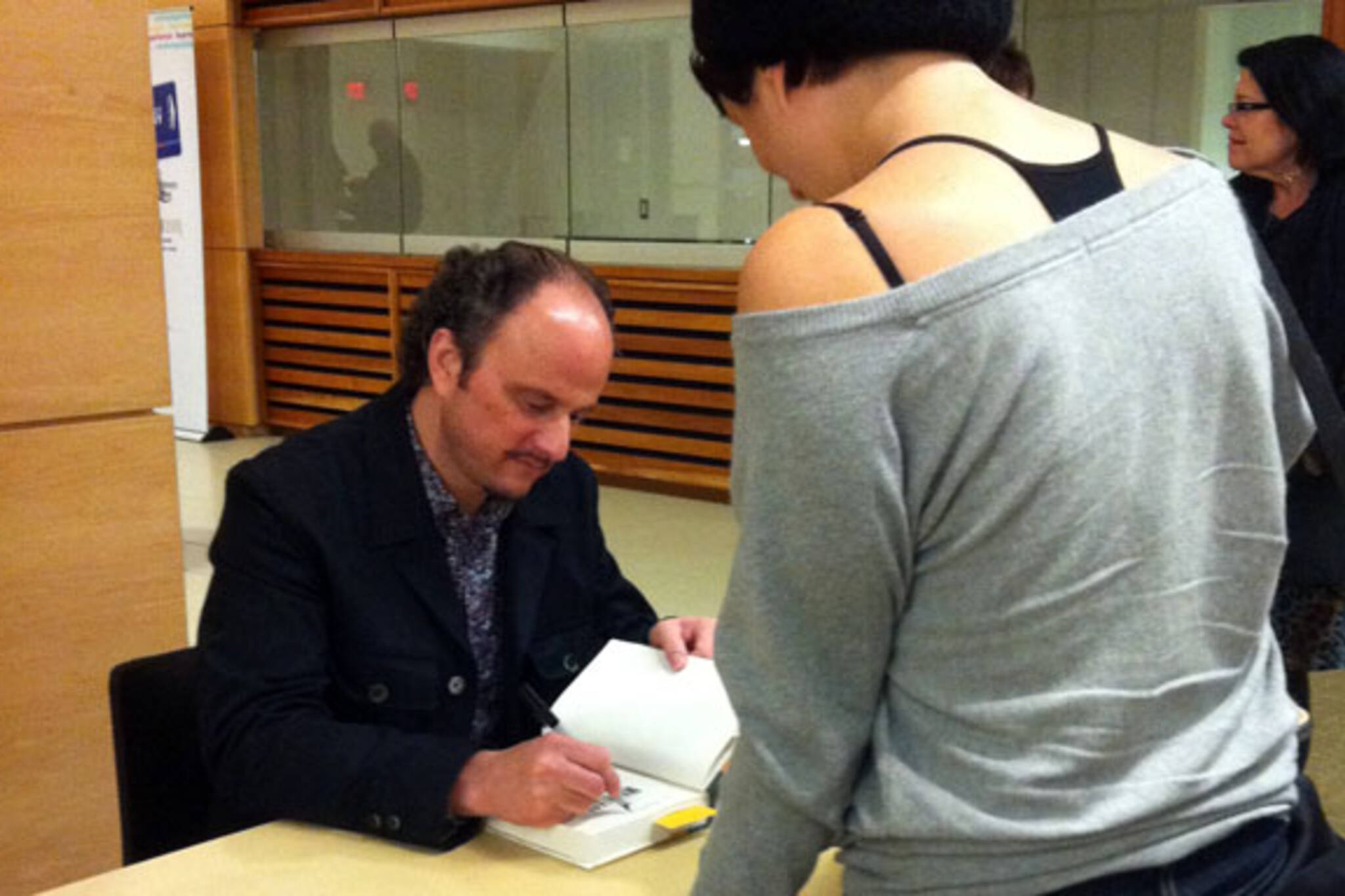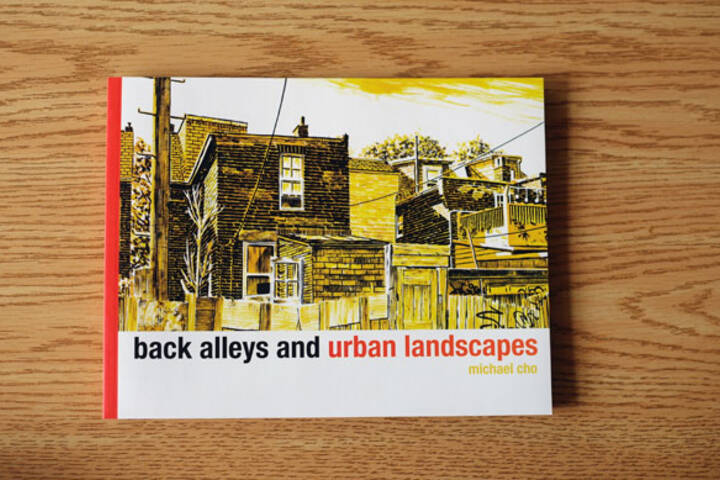
Author Jeffrey Eugenides talks The Marriage Plot
On Monday evening, the Bluma Appel Salon at the Toronto Public Library played host to Jeffrey Eugenides, an influential Pulitzer Prize-winning novelist making his first appearance to Toronto. Connected to the hysterical realism movement of writers like his Brown University classmate Rick Moody, friend Jonathan Franzen and the late David Foster Wallace, Eugenides is known for his 1993 book The Virgin Suicides (later adapted into a film by Sofia Coppola) and 2002's Middlesex, which won him a Pulitzer and a place in Oprah's Book Club.
It's been nine years since the publication of Middlesex, a fact that onstage interviewer Tina Srebotnjak didn't shy away from. Eugenides hinted that he has a book of short stories that will be published in (hopefully) two years and read an excerpt from his new novel, The Marriage Plot.
The Marriage Plot concerns the fate of three characters studying at Brown in the early 1980s. The book's charming protagonist is Madeline, a young woman studying Victorian literature in love with her boyfriend Leonard, who is a manic depressive. In love with Madeline is Mitchell, a conflicted religion studies student who has recently returned from working with Mother Theresa in Calcutta.
Much of the interview touched on the ways that Eugenides' writing is and isn't autobiographical. Critics (such as a recent review from The Globe and Mail) have desperately wanted to make the argument that Leonard's character is based on David Foster Wallace, thanks to his proclivity towards bandannas and chewing tobacco.
But Eugenides, who had only been acquainted with the writer for a brief period before his tragic suicide, said that he simply writes characters based on everything he has ever heard about a certain type of person or affliction then takes things from his real life where possible and makes up the rest.
The book is called The Marriage Plot because Madeline's heart is at war with her head. The plot of a Victorian novel is propelled by who and why the main female protagonist will marry (Eugenides' favourite example of a marriage plot is Henry James' The Portrait Of A Lady). But when he was studying English literature at Brown, semiotics and post-structuralism argued that the author was dead.
In a crushing excerpt from his novel, Eugenides read a passage where Madeline tells Leonard that she loves him for the first time. His response is to pull out her copy of Barthes' A Lover's Discourse and read a passage explaining why such an articulation of passion is meaningless.
The Marriage Plot is a curious novel to wait nine years for. In some ways it's a straight ahead fleshed out by clean, precisely written characters. But the throughline of the book is about semiotic discourse, how breaking down signs and symbols is the only way to examine something while giving it the cool academic distance it deserves.
College is a heady time, Eugenides reminisced about the power books have over us in university. It's the only time in our life where we get to try on every literary theory and idea to see what fits. And so after the release of his Pulitizer Prize winning-Middlesex, Jeffrey Eugedies wrote a purely narrative novel. In some ways, that's the most radical thing he could have done.
Latest Videos
Latest Videos
Join the conversation Load comments







